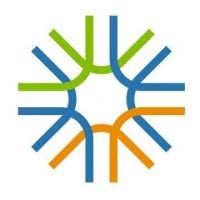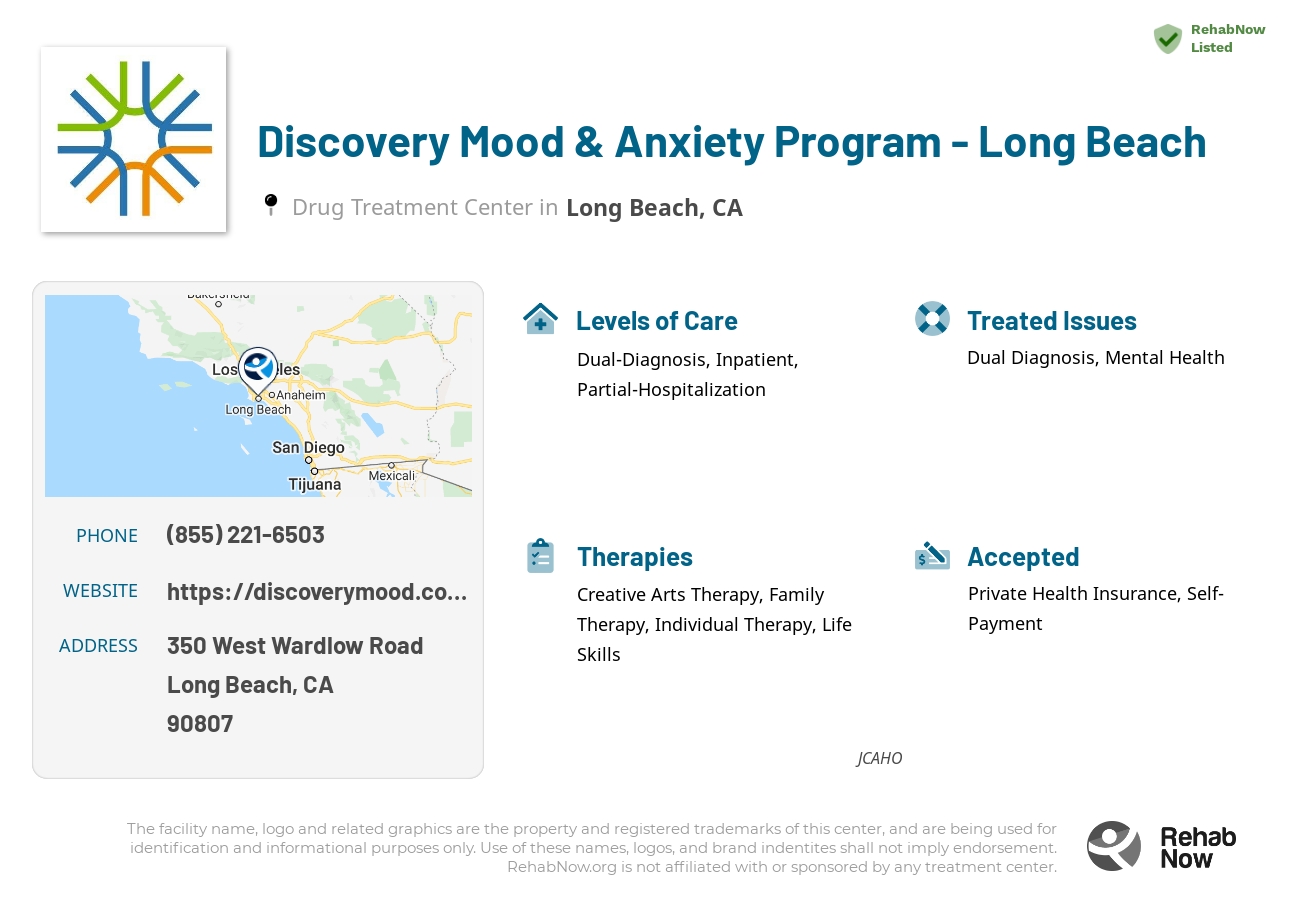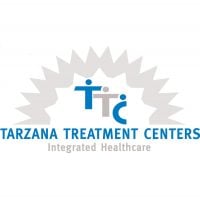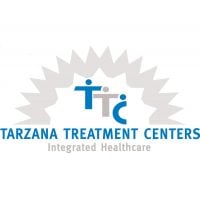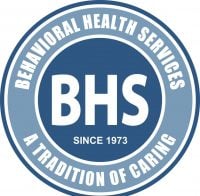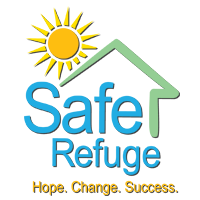Discovery Mood & Anxiety Program - Long Beach
Drug Rehab Center in Long Beach, California
Discovery Mood & Anxiety Program - Long Beach is a CARF and JCAHO accredited addiction treatment facility that provides personalized, evidence-based care to those struggling with drug and alcohol addiction, opioid addiction, substance abuse, and dual diagnosis mental health issues with the aim of achieving long-term sobriety, all while taking into consideration the financial burden that often comes with treatment by accepting private insurance.
About Discovery Mood & Anxiety Program - Long Beach in California
Located in Long Beach, California, Discovery Mood & Anxiety Program stands out for its comprehensive approach towards mental health and eating disorder treatment. This center serves both adolescents and adults across various levels of care, including residential, partial hospitalization, and intensive outpatient programs. Tailored to individual needs, the facility emphasizes evidence-based interventions and holistic practices like yoga.
- Age-Specific Treatment Groups: Ensures individuals connect with like-minded peers for enhanced support.
- Comprehensive Care: Offers a blend of individual and group therapy, nutrition support, and life skills classes.
- Insurance Friendly: Accepts a wide range of insurance plans, making treatment accessible to more individuals.
Holding accreditations from CARF and JCAHO, Discovery Mood & Anxiety Program - Long Beach adheres to high standards in providing quality mental health care. The facility prides itself on its dual-diagnosis approach, allowing for the treatment of substance abuse and mental health issues concurrently.
Targeting a spectrum of addictions and issues, including drug addiction, alcoholism, and eating disorders, the programs incorporate various treatment methods. With options ranging from intensive outpatient to residential care, the facility is equipped to meet diverse recovery needs through personalized treatment plans and evidence-based interventions.
Genders
Ages
Modality
Additional
Accreditations

JCAHO

CARF
The Commission on Accreditation of Rehabilitation Facilities (CARF) is a non-profit organization that specifically accredits rehab organizations. Founded in 1966, CARF's, mission is to help service providers like rehab facilities maintain high standards of care.
Conditions and Issues Treated
Opioid addiction has become a significant health problem in the United States. In 2015, there were 91 opioid overdose-related deaths per day, with a substantial increase in mortality rate in 2014.
When opioid addiction has reached a point where a person’s life becomes unmanageable, treatment options are available to help them get sober. Treatment that includes medical care with medications and counseling can help a user transition into sobriety.
When someone in struggles with both addiction and mental or emotional illness, this is considered a dual diagnosis. Dual diagnosis treatment can include therapy for these issues to happen simultaneously, which will allow either of them to be treated effectively.
Sometimes people who have suffered from addiction disorder also suffer from co-occurring disorders such as depression, anxiety, bipolar disorder, etc., making them “dual diagnoses.” Dual diagnoses require specialized treatment programs where drug and alcohol addiction are addressed along with psychiatric illnesses. Some rehabilitation facilities provide patients suffering from cooccurrences a program with highly integrated services and a clean environment with few distractions to help them succeed.
Levels of Care Offered
This center offers a variety of custom treatment tailored to individual recovery. Currently available are Dual-Diagnosis, Inpatient, Outpatient, Partial-Hospitalization, Residential, with additional therapies available as listed below.
Inpatient treatment for alcoholism or drug addiction is an option that provides the addict with a supportive environment in which they can stop using. After detox, an inpatient treatment center provides a structured environment for the addict to recover from their addiction and begin taking steps toward a lifetime of sobriety.
This type of treatment is appropriate for addicts that are most in need of intensive care and supervision. This includes those who were unable to quit on their own, those who need more structure than they can get in outpatient treatment, and those whose addiction has led them into legal trouble or severe health problems.
Outpatient treatment is often used for drug addicts in drug rehab. Outpatient treatment consists of counseling and therapy sessions. This form of treatment is also called ‘day-treatment’. The outpatient treatment process begins with the addict’s initial detox period, lasting about ten days.
Outpatient treatment is used for those who are at moderate risk for ‘slipping back’ into the addiction, for those who:
- Are not currently experiencing any side effects from withdrawal and can handle social pressure
- Can handle stressors that might trigger relapse
- Have a stable living environment or have moved out of their previous environment, which was not conducive to being sober
- Have a support system that allows them to go to a facility a few times a week while still keeping their current responsibilities
- Have no legal obligations, being either on parole or probation, that require them to seek treatment at a mandatory facility
- Are not currently experiencing any side effects from withdrawal and can handle social pressure
- Have a stable living environment or have moved out of their previous environment, which was not conducive to being sober
Partial hospitalization programs offer another level of addiction treatment at Discovery Mood & Anxiety Program - Long Beach.
Residential treatment programs are those that offer housing and meals in addition to substance abuse treatment. Rehab facilities that offer residential treatment allow patients to focus solely on recovery, in an environment totally separate from their lives. Some rehab centers specialize in short-term residential treatment (a few days to a week or two), while others solely provide treatment on a long-term basis (several weeks to months). Some offer both, and tailor treatment to the patient’s individual requirements.
Therapies & Programs
Because no single treatment is effective for all addicts, the goal of treatment and therapy should be to figure out what works best for each individual. Tolerance and withdrawal levels differ from person to person, affecting the treatment intensity required. Addiction treatment should aim to help addicts develop healthy coping mechanisms for dealing with their addiction and its underlying causes.
Family therapy is beneficial for people who are in addiction treatment services because it offers addicts the opportunity to work with their family members to better understand what led them to make choices that contributed to their addiction.
This type of therapy helps family members reach a deeper understanding of how they can best support their loved one during recovery. It also helps the addict better understand their own motivations and triggers that led them to turn to substance abuse.
Family therapy can help addicts in the following ways:
- Assists family members in processing difficult feelings so they don’t blame or resent recovering addicts
- Assists family members in understanding how addiction has impacted the addict and everyone who is involved with them
- Allows the addict to take responsibility for their actions, while encouraging improved communication skills
- Helps family members understand how to best support an individual in recovery so addicts don’t relapse again.
Group therapy can help build a stronger support system and give addicts in Long Beach, CA insight into their addiction that they gain through shared conversations. Group therapy occurs in a controlled group environment, exclusive of one on one meetings. This makes it safer for patients to feel comfortable sharing the struggles they’re going through and gaining perspective.
Dialectical Behavior Therapy (DBT) is a cognitive-behavioral therapy that helps patients understand the relationship between their thoughts, feelings, and behaviors. It is beneficial for those whose addictions and behaviors stem from severe mental health issues. The term “Dialectic” means the integration of opposites. In substance abuse, DBT refers to accepting the patient’s addiction and working to change their thoughts and behavior. It improves life skills such as controlling intense emotions without reacting impulsively, resolving interpersonal conflicts effectively, and promoting awareness about self and others.
Cognitive-behavioral therapy is a technique that is used to help people with addiction. Specifically, it is a way of identifying thoughts and behaviors that cause the addiction. It is typically used in an individual counseling session.
The content explains cognitive behavioral therapy and how it works to address some behaviors that may be leading to unintended consequences in their life, as well as its benefits for those seeking sobriety.
It works by helping people to talk through their issues and addressing the thoughts that cause said behaviors. It is an excellent way of learning about oneself and one’s perception of the world.
Life Skills Services assist addicts in their recovery by teaching them healthy coping mechanisms that will aid them in becoming sober, focussing on helping people enter into, and maintaining long-term sobriety. Drug Treatment Centers provide Life Skills Services at varying levels of intensity, specific to the needs and requirements of each patient.
The benefits of Life Skills Services offered at Discovery Mood & Anxiety Program - Long Beach:
- Restores hope and empowerment — Helps addicts believe that recovery is possible and instills a new confidence in their ability to achieve a positive, drug-free future
- Enhances family involvement — Encourages families to get involved in the recovery process and supports their understanding and encouragement of healthy behavior.
- Increases patient’s compliance — Helps patients take responsibility for and ownership of their recovery and encourages continued progress
- Reduces relapse rates — Encourages long-term abstinence and emphasizes the importance of establishing sober support systems.
Payment Options Accepted
For specific insurance or payment methods please contact us.
Is your insurance accepted?
Ask an expert, call (888) 674-0062
Discovery Mood & Anxiety Program Associated Centers
Discover treatment facilities under the same provider.
- Discovery Mood Anxiety Program - East Bay in Brentwood, CA
- Discovery Mood & Anxiety Program - Fresno in Fresno, CA
- Discovery Mood Anxiety Program - Vista in Vista, CA
- Discovery Mood Anxiety Program - Chino Hills in Chino Hills, CA
- Discovery Mood Anxiety Program - Downey in Tarzana, CA
Learn More About Discovery Mood & Anxiety Program Centers
Additional Details
Specifics, location, and helpful extra information.
Long Beach, California 90807 Phone Number(855) 221-6503 Meta DetailsUpdated April 15, 2024
Staff Verified
Discovery Mood & Anxiety Program - Long Beach Patient Reviews
There are no reviews yet. Be the first one to write one.
Long Beach, California Addiction Information
More than 3 million of California's citizens are addicted to illegal drugs. Almost 800,000 people use hard drugs, almost 5 million use marijuana, and another 2.1 million abuse alcohol every year. Other substance abuse issues such as binge drinking and teen drug use are also common. Many illegal drugs such as cocaine, heroin, methamphetamine, and marijuana are smuggled into the state from Mexico.
Nearly 9.8% of the population of Long Beach, CA, abuses drugs or alcohol. From 2002 to 2016, Long Beach saw a 245% increase in opioid-related hospitalizations. In 2015, 2% of eighth-graders reported using ecstasy. In 2016, Long Beach had a rate of drug overdose deaths more than 2.5 times that of the U.S. Drug treatment in Long Beach, typically involves detoxification, therapy, and aftercare support.
Treatment in Nearby Cities
- Laguna Beach, CA (30.4 mi.)
- Northridge, CA (34.8 mi.)
- Reseda, CA (32.8 mi.)
- Rancho Mirage, CA (102.7 mi.)
- South San Francisco, CA (355.3 mi.)
Centers near Discovery Mood & Anxiety Program - Long Beach
The facility name, logo and brand are the property and registered trademarks of Discovery Mood & Anxiety Program - Long Beach, and are being used for identification and informational purposes only. Use of these names, logos and brands shall not imply endorsement. RehabNow.org is not affiliated with or sponsored by Discovery Mood & Anxiety Program - Long Beach.
